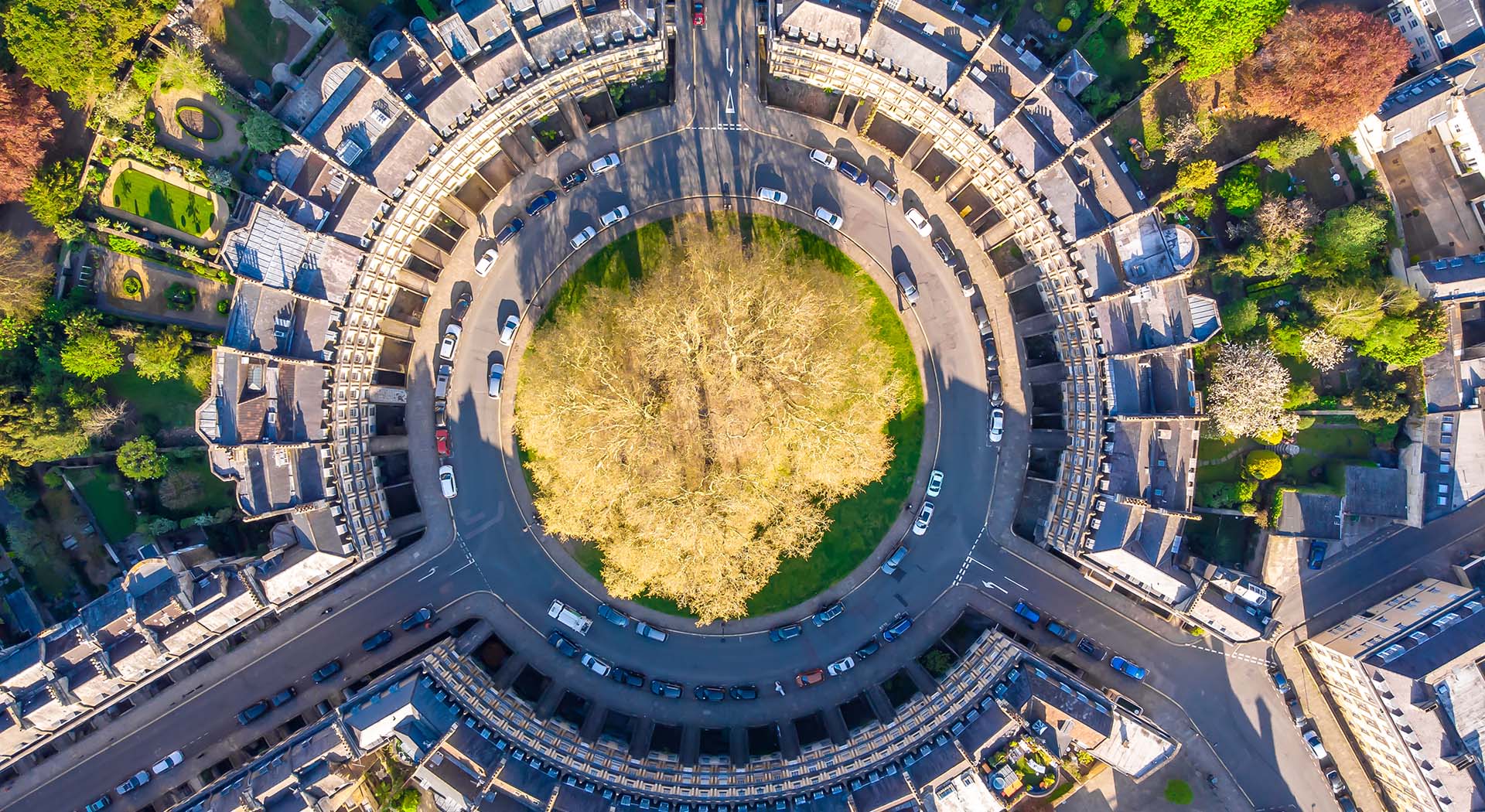
Cultural Resource Management Services
As time goes on, more properties will fall under archaeological, architectural or historical guidance. Having the right partner as your guide will help you achieve your goals while staying in compliance.
Cultural Resource Management Services
Human history leaves behind a complex trail of artifacts, structures, landscapes, and traditions forming the cultural heritage of a people. As modernization accelerates, proactive efforts to identify, evaluate and conserve cultural resources become crucial. Cultural resource management (CRM) provides systematic approaches to balancing preservation with progress.
Why Our Commitment to Culture Runs Deep
Our staff specializing in cultural resource management have collaborated to advance the field of CRM. What makes our firm uniquely qualified?
- Cutting-Edge Methods
- 100% On-Time Delivery
- Tribal Relationships
- Subject Matter Experts
By blending innovation with integrity, we aim to build lasting cultural preservation legacies for those we serve.

Our Cultural Resource Management Services
Cultural resource management comprises a diverse array of disciplines working in unison to identify, document, assess, and conserve heritage sites. Our expansive in-house services include:
Archaeological Field Surveys
Employing both traditional and cutting edge technologies, our team performs systematic archaeological surveys that involves pedestrian surveys, shovel test pits, remote sensing, and subsurface detection across vast project areas to locate and assess artifacts, travel corridors, campsites, settlements and other subtler habitation indicators predating written history.
Standing Structures Evaluation
Our specialists bring decades of combined expertise evaluating buildings, infrastructure, designed landscapes and other above-ground resources to determine ages, former uses, historical associations, integrity and eligibility for historic property designation considering multiple aspects such as construction methods, styles, affiliation with events or persons, and other contextual attributes.
Native American Consultation
We maintain specialist indigenous coordination experts to conduct meaningful consultation between project teams and Native American tribes through collaborative site visits, interviews to gather oral testimony, tribal data and documentation review, and joint assessment of potential resources to evaluate cultural significance.
Agency Permitting and Compliance
Seasoned in-house regulatory specialists interact directly with State Historic Preservation Offices, Tribal Historic Preservation Officers, federal land managers, municipal authorities and other jurisdictional agencies to secure permits, submit site inventories, negotiate mitigation commitments, monitor compliance, and avoid noncompliance enforcement actions through fines.
Historical Research
Combining extensive academic training with contextual field experience, our specialists perform thorough documentary research compiling and cross-referencing wide-ranging archives including deeds, census data, maps, journals, photographs and more to develop robust site histories clarifying past ownership, land usage, development patterns and events supporting field identification and evaluation efforts.
National Register Nominations
For properties considered to exhibit clear historical significance and integrity, we prepare comprehensive National Register nominations detailing site histories, architectural and archaeological attributes, association with events and persons, georeferenced boundary delineations and significance statements to formally list sites for additional consideration in planning.

How Our Cultural Resource Management Process Unfolds
Our CRM team draws from this expertise to methodically assess resources, avoid unnecessary delays, and make preservation recommendations allowing projects to advance based on significance findings.
Project Initiation
All work starts by intaking background documents, geospatial data, oral testimony, and tribal input to focus efforts only on areas requiring scrutiny.
Field Reconnaissance
Armed with rich data, crews perform systematic on-site assessment using approved non-invasive methods sensitive to subtle cultural markers.
Evaluations & Findings
Our analysis weighs various factors including artifact density, structure age, association with events/persons, and testimony on living heritage to judge eligibility for historic designation.
Reporting
Reports detail methodologies, area conditions, resources identified, significance evaluations, data gaps, and balanced recommendations that allow projects to progress while conserving only the most critical cultural assets.

Why Native American Collaboration Matters
Native peoples have an innate, intergenerational connection with tribal lands predating modern boundaries. Our CRM experts recognize this through proactive tribal involvement based on sincere, productive partnerships that have led to invaluable mutually beneficial outcomes over years of trust and transparency. Contact us today to explore initiatives supporting indigenous voices in preserving living culture.
Get Started with a Complimentary Consultation
If you have an upcoming project that requires identification of potential cultural resource impacts, get proactive by contacting our office today for a free consultation. We welcome any questions on our services and are happy to provide preliminary quotes. Reach out online to get started.
With over hundreds of projects delivered nationwide over the years, our CRM team brings efficiency, transparency, and technical excellence helping agencies, developers, tribes, and communities balance preservation with progress. Contact us today for a custom consultation.
Frequently Asked Questions About Cultural Resource Management
What does CRM entail?
Cultural resource management comprises the practices of identifying, evaluating significance, and conserving or mitigating impacts to archaeological, historical, architectural, and sociocultural assets.
When should CRM be conducted?
Early on during project planning to allow adequate lead time for field studies, consultations, and developing preservation strategies preventing delays.
Who requires CRM on projects?
Regulatory agencies issue permits requiring CRM to comply with laws like NHPA Section 106, NEPA, and state cultural resource statutes enforced through fines.
What types of projects require CRM?
Infrastructure, energy, land development, mining, Department of Defense projects, disaster response—any undertakings on federal lands, using federal funds, or needing federal permits.
Why engage tribes in CRM?
Tribes have specialized knowledge on locations of sites, traditions tied to land, generational wisdom, and legal rights requiring consultation on identified resources within ancestral areas.
Ready to learn more about our services? Send us a note and we’ll reach out to you ASAP!